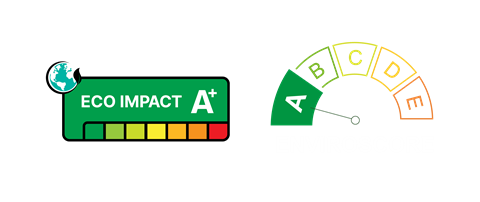
Eco scoring body Foundation Earth has formed an alliance with the EU-funded data giant EIT Food, in a move it claims will kickstart major new investment into environmental labelling and data sharing in the food industry.
The not-for-profit organisation, which has been at the centre of the development of eco labels, and whose Eco Impact traffic light-style scoring system is used on nearly 200 products in the UK, has also run into controversy in the past after clashing with other schemes being developed by food and drink companies, including the IGD’s proposals.
However, CEO Cliona Howie del Río told The Grocer the alliance with EIT Food, which is funded by the European Commission, would “put a nail in the coffin” of suspicions that Foundation Earth was out to promote only its own system. She said she hoped it would also lead to the international co-operation “desperately needed” to fast-forward the development of industry wide measurement tools an labelling.
Foundation Earth said the move would provide the expertise needed to develop internationally recognised standards for the use of data to assess the environmental impact of food products.
The International Alliance for Food Impact Data, which the alliance will be named, will have a mandate to develop internationally adopted and accepted standards for eco scoring and will initially prioritise working within the EU landscape.
However, Howie del Río said she hoped the development would allow the alliance to work more effectively with Defra in developing future policy on data sharing and labelling.
Whilst Eco Impact thas been trialled by brands such as Abel & Cole, Meatless Farm, Mighty and Finnebrogue, it is among an astonishing 350 different eco-labels to have emerged globally, with the UK among countries struggling to agree on a way forward despite the threat of environmental targets being missed.
In April, a report compiled by Defra on the labelling workstream of the government’s Food Data Transparency Partnership (FDTP) announced there were “no plans at present to introduce a mandatory eco-label, nor to endorse an existing or new eco-labelling scheme”.
Instead, Defra said it wanted to bring commonality to the different methodologies used to back voluntary eco-labels currently in use or for “emerging schemes”.
The IGD has spearheaded an industry-led scheme, which features similar attributes to that of Foundation Earth’s trials, though it too has struggled to win cross-industry backing and the new Labour goivernment has yet to make its ambition on the issue clear.
Howie del Río said: “The backdrop when it comes to environmental labelling and data sharing is like the wild west.
“I hope that our alliance will help produce the co-operation and the injection of urgency into agreeing on common data and measurements that is desperately needed.”
Further details of how the alliance will operate are due to be announced at the EIT Food conference in Rome in October.
“Environmental data is a key lever of change for food systems transformation,” said EIT food chief executive Richard Zaltzman.
“We are absolutely delighted to integrate the knowledge and capacity of Foundation Earth into EIT Food, which will enable us to take strides towards our shared mission of transforming the food system with credibly collected, measured and evaluated impact data.
“This will form the basis for decision-making across the food and drink industry, policy, future-proofing innovation in our sector and enabling us to reduce the environmental impact of the entire food system.
“EIT Food has been working closely with Foundation Earth since its inception and we are excited to accelerate the impact we can have across the continent by building a fresh alliance that delivers clear standards and addresses confusion that is currently hampering the environmental scoring of food and drink.”









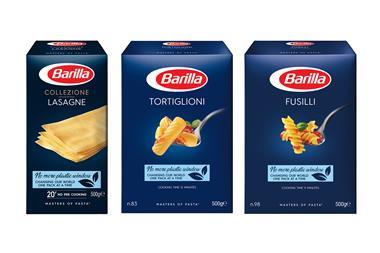
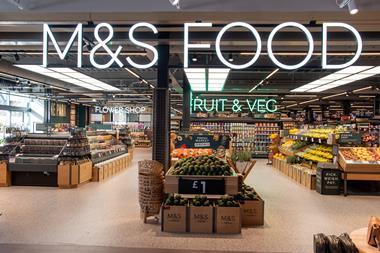
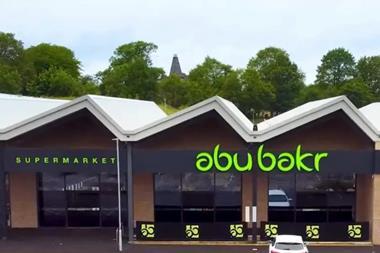

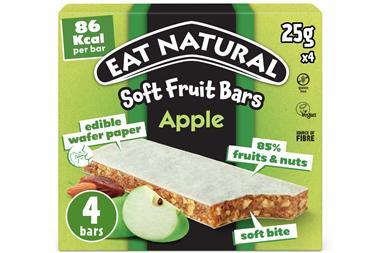





No comments yet